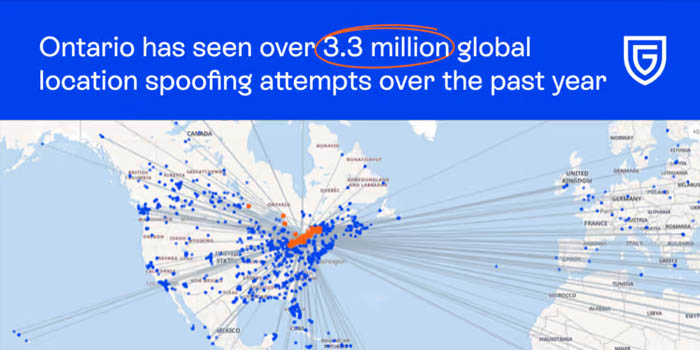Lotto-Quebec Refutes Claims Casinos Facilitate Money Laundering

Allegations that casinos in the Canadian province of Quebec are facilitating money laundering for organized crime were rebuffed by the provincial gambling regulator Lotto-Quebec.
A series of reports issued by Le Journal de Montreal claimed that Casino de Montreal is welcoming individuals linked to organized crime, citing Stefano Sollecito, an alleged mafia boss who gambled millions at the casino, yet declared a mere 5-digit annual income to Canadian tax authorities.
Lotto-Quebec Declines to Comment
According to the reports in the newspaper, Lotto-Quebec declined to comment on the allegations that the casino is rolling the red carpet to organized crime, hiding behind the Privacy Act. Le Journal also claimed that Sollecito and other people linked to organized crime had been treated like kings by the casino, which provided perks in terms of hotel rooms, restaurant meals, concert tickets and golf plays.
Lotto-Quebec noted that the casino’s privileges program is open to anyone who wishes to join and that the perks given to Sollecito and others who are members of the program were in fact rewards, not gifts, and are self-funded.
In the statement issued by the regulator/casino operator Lotto-Quebec stated it was obliged to decline to comment as any comments would constitute divulging of personal information for the cited casino patrons. Further, no reports regarding actions taken to deal with specific individuals who frequently visit public places such as casinos are within the remit of the casino regulator.
Constant AML Collaboration
Obviously, there is a conflict of interest here as Lotto-Quebec is both the casino operator and the regulator monitoring the operator, in other words, itself. The operator claimed though that it collaborates with various stakeholders to combat money laundering and comply with regulatory requirements regarding anti-money laundering (AML) controls.
In 2019, a report by the Criminal Intelligence Service Canada (CISC) pointed the finger at the gambling sector, claiming it was one of the three most convenient industries for organized crime to launder proceeds of illegal and criminal activities. Specifically, CISC stated that almost 10% of all identified organized crime groups in Canada used casinos to launder dirty cash, in particular, casinos in British Columbia.
Following the report, the province decided to overhaul its gambling law and crack down on money laundering practices, by establishing a special watchdog body, equipped to handle illicit activities related to financial transactions and transfer powers to the new body from the local gambling regulator.
At the moment, Lotto-Quebec’s retail gambling facilities are closed due to the resurgence of the virus cases in the province. The second closure added to the financial impact of the first and even though the online gambling operation is thriving, it cannot fully offset the losses incurred by the land-based gaming facilities.
With 4 years experience as an analyst, Julie—or ‘Jewels’, as we aptly refer to her in the office—is nothing short of a marvel-worthy in her attention to the forex and cryptocurrency space as she quickly became the first pick to co-pilot education to the masses with Mike.














